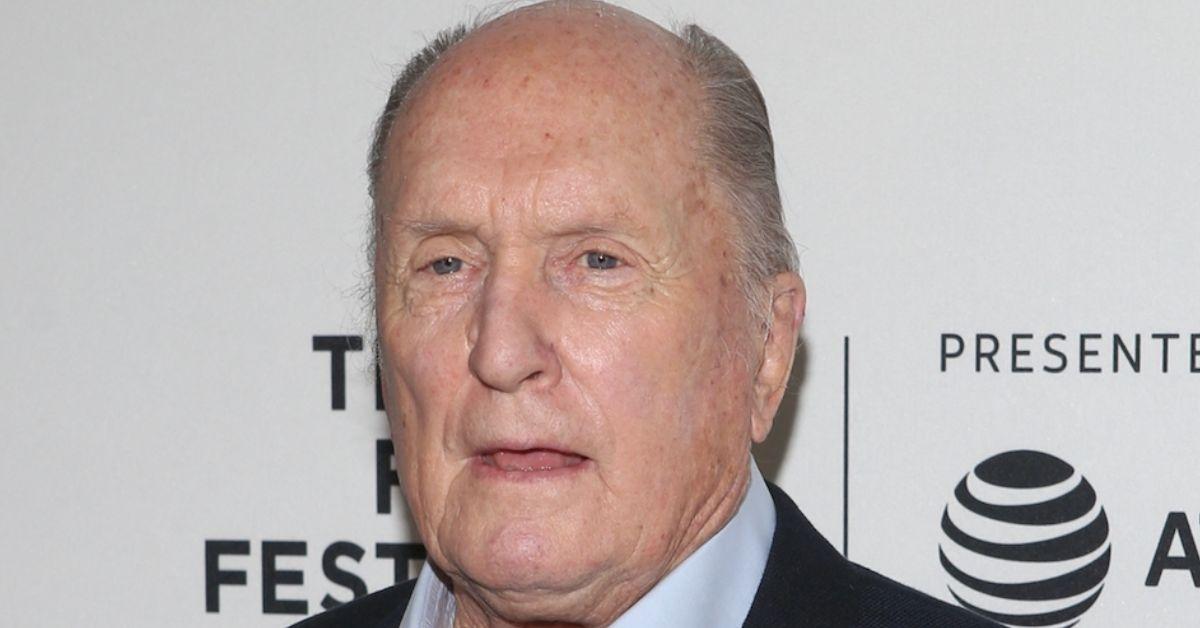Movie Review: Harry Brown
April 30 2010, Published 11:03 a.m. ET
A young mother is shot in broad daylight by a bunch of teens joy-riding in a suburban park. She moans and crumples to the ground, becoming a heap beside a stroller that holds her infant child. The teens shoot a few more bullets into her body before riding away on a scooter, hollering and shooting more rounds.
Visceral and unsettling, the gruesome opening act sets the mood for the rest of Harry Brown, a bleak British export that makes its U.S. debut on Friday. The film stars Michael Caine in the title role as a retiree who decides to take matters into his own hands when the local thugs push him one step too far. With its elder-in-arms and violent, misguided youths, Harry Brown has drawn comparisons to Clint Eastwood’s Gran Torino, in which an elderly man stands up to the Asian-American gang-bangers in his Chicago ‘hood. Both Caine and director Michael Barber have bristled at that facile analogy, and with good reason: Brown is more akin to Kathryn Bigelow’s Oscar-winning war film The Hurt Locker than to Eastwood’s generational love-fest. Where Torino explores race, violence and culture in America, Hurt Locker explores the nature of and addiction to violence itself, albeit wrapped in the legally-sanctioned packaging of war.
In Harry Brown’s concrete-bound neighborhood, the grip of law has slipped entirely. There are no rules or boundaries or even the most basic respect for human life. And don’t even think about inter-generational, multi-cultural family parties. Where Torino’s Walt (Eastwood) gets to know his interloping neighbors at a festive gathering, Harry is completely isolated, without friends or family -- forget about homemade Vietnamese pastries. The contrast between this gritty, lawless reality and the sugar-coated perception of London law enforcement is agonizingly etched through misguided, ineffectual police efforts designed for maximum political benefit more than actual results. The ivory-tower problem reaches its most glaring apex in a coordinated police raid that explodes into a wild riot. Like a match dropping onto a dry tinderbox, the streets suddenly burn with rage and fiery cars alike, turning the neighborhood into what looks like a war zone.
Robert Downey Jr “This Time It’s Personal”
While Harry’s vengeance-and-fury fueled journey reveals the darkest corners of the thugs’ lairs, it’s the crime-fighting efforts of D.I. Alice Frampton (Emily Mortimer) that reveals what’s going on in ineffectual-central. Frampton’s job is trying and her superiors ignore her, but she’s the only one besides Harry to seems to get what’s actually going on. Far from cliched cop roles, Mortimer allows Frampton to be tough as nails but human, too. She stands up to the foul-mouthed kingpin, but also mourns Harry’s losses and stands in for the proverbial good cops whose hearts are in the right place, but whose leverage is lost amid departmental agendas.
Harry Brown opened at number three at the U.K. box office last fall, becoming a hot button for politics there, particularly because it’s an election year. Harry Brown will likely not have as much immediate relevance here, laregly because American gang violence tends to be equated with race issues more than those of class. Harry Brown’s villains are mostly Caucasian, but they’re uneducated, unloved and lacking any tethers to society. Brown is also simply difficult to watch at times. Just because the violence isn’t gratuitous, it’s not any easier to look at.

It’s that difficulty and that raw violence that makes Harry Brown so exceptional. Taut, challenging and riveting, its power lies in its unapologetically brutal violence that lacks a musical score, slow motion or anything else that might glamorize what’s going on. A constant threat of danger hovers at the edges of the story at all times, mimicking the ever-lurking hazards of Harry’s world. Far from feeling irrelevant on Yankee turf, it’s an eye-opening, cautionary tale that warns of a lost generation that, by some accounts, is already a reality in Britain -- and could well become one for us.


